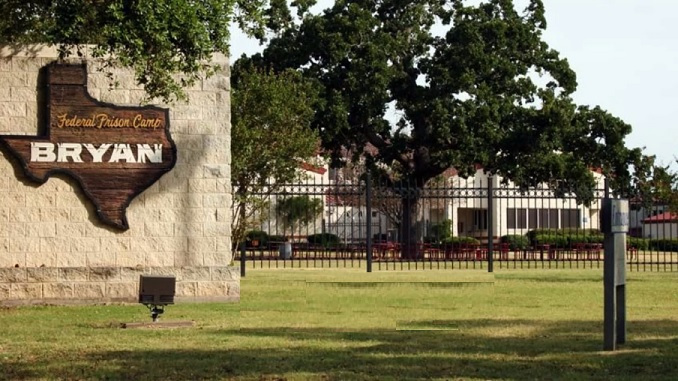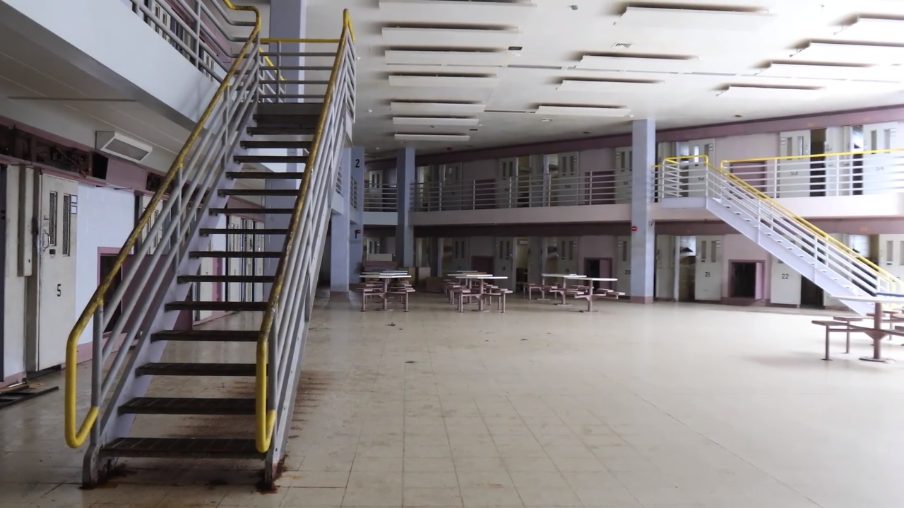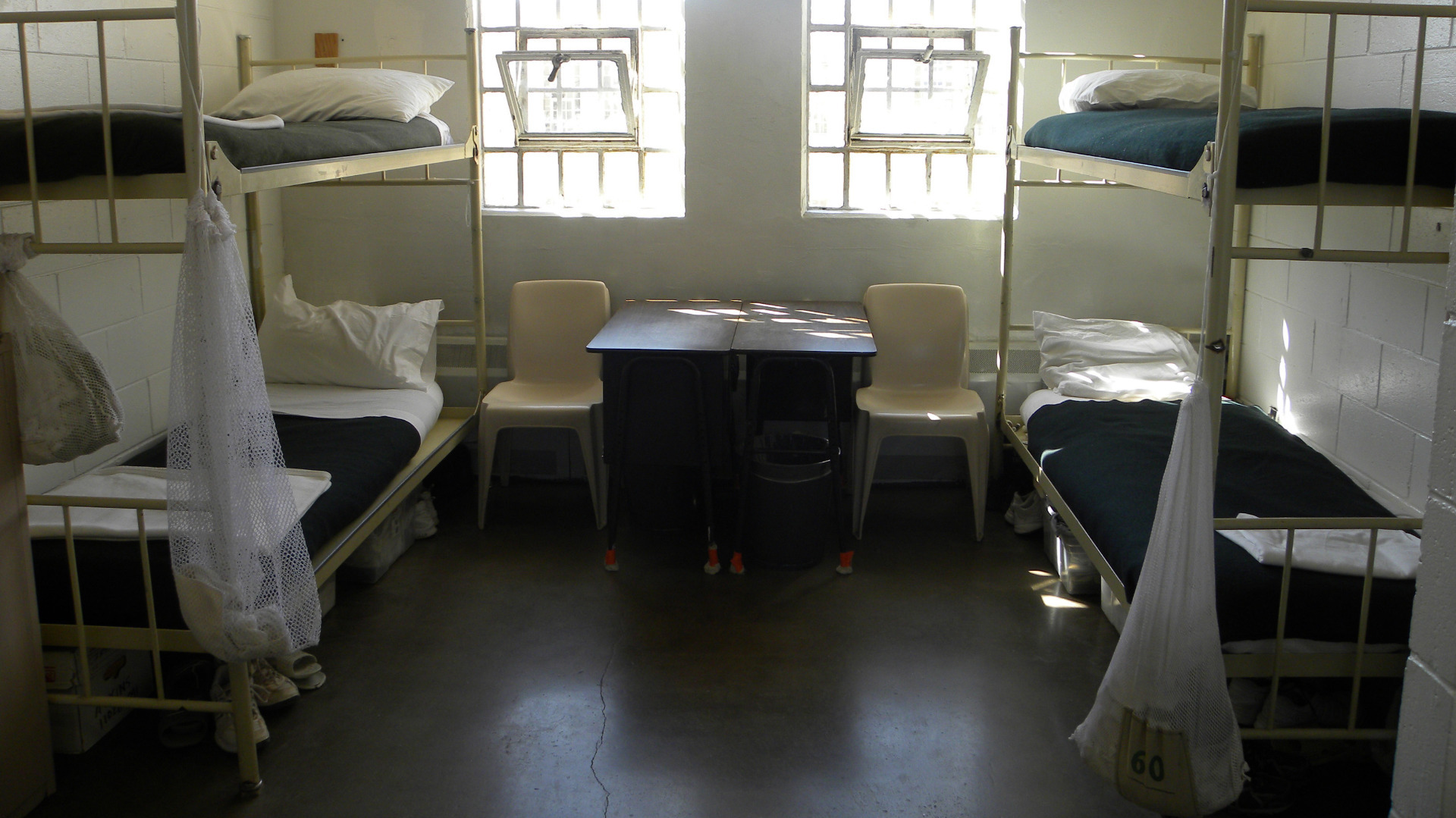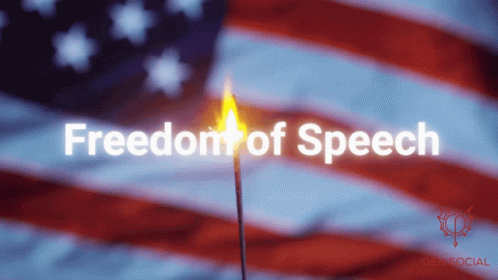- Politics
- Enigma's Music A to Z
- Blind Items
- Pic of the Day
- Bachelor
- Bachelorette
- Below Deck
- Below Deck: Down Under
- Below Deck: Mediterranean
- Real Housewives of Beverly Hills
- Real Housewives of Atlanta
- Real Housewives of Dallas
- Real Housewives of Miami
- Real Housewives of New Jersey
- Real Housewives of Dubai
- Real Housewives of New York City
- Real Housewives of Orange County
- Real Housewives of Potomac
- Real Housewives of Salt Lake City
- Real Housewives Ultimate Girl's Trip
- In Case You Missed It
- Liberal Loon of the Day
- Cut and Paste Story of the Day
Life At Federal Prison Camp: Bryan

Disgraced reality TV star and recently convicted felon, Jen Shah, has been ordered to turn herself in to Federal prison authorities on Feb 17, 2023. She will then be transported to the Federal Prison Camp: Bryan, where she will spend the next six and a half years of her life. Presuming they shave off a year or so for good behavior and successful alcohol treatment (insert eyeroll here ___), Shah will serve roughly five and half years. However, even after she is sprung, she will be under supervised probation for another five years.
FPC Bryan is a minimum-security federal prison camp for female offenders, nestled on 37 acres and located about hundred miles north of Houston, TX. At any given time, there are between 800 and 1,100 inmates living at FPC Bryan. The average age of the offenders is 32, and the inmates live in both open dormitories and rooms that can house between four to ten inmates each. One of the most notable inmates at FPC Bryan was former Hidalgo County, Texas Commissioner Sylvia Handy, who was sentenced in 2010 for hiring illegal aliens as county employees and personal staff members, then stealing their earnings to pay for personal expenses. She was released in 2012.

All inmates are required to either take educational courses or have a work assignment. Available in house job assignments include carpentry, office clerks, janitors, tutors, kitchen prep, and even landscaping. Just like on the outside world, different jobs have different pay scales which average around .23 to .40 cents per hour. There is also a UNICOR job facility where inmates are eligiable to work in a call center performing customer service and/or catalog and packaging distribution for companies such as Whole Foods, McDonald's, Walmart, Victoria's Secret, AT&T, Bank of America, Starbucks, Wendy's, just to name a few. The pay for these jobs ranges from .23 cents to $1.15 per hour, and money earned goes directly into the inmate's prison account. UNICOR sponsored jobs are the most coveted, and there are currently 25,000 inmates nationwide on the waiting list.
Visiting hours for FPC Bryan is restricted to Saturdays and Sundays from 8:00 am - 5:00 pm. Federal holiday visitations will be available from 8:00 am - 3:00 pm. Authorized visitors who can visit an inmate include family, friends, and associates. You can't visit an inmate unless she puts you on the visiting list (Melissa Gorga could relate to that one). Everyone must fill out a visitor form, and they must have a relationship with the inmate prior to incarceration. If a potential visitor does not have a prior relationship with the inmate, their request will be reviewed by the warden.
The unit team will do a background check and determine if a visitor application is approved. All decisions are based on constructive and security factors. The process takes about a week, and the unit staff will notify the inmate when the requested visitor is approved or refused. It is the inmate’s responsibility to notify the visitor of the decision, and the process is the same for both adult and minor visitors. Each inmate may receive up to five adults and five child visitors at one time. All visitors are scanned by metal detectors, and subject to a visual and pat searches by an officer. All items brought to the facility are opened and searched by a staff member, and anyone who refuses a search of themselves or their property will not be allowed to visit with the inmate.
Clothing which is similar to and resembles the style or color of that is issued to inmates (for example, khaki colored clothing) is not allowed to be worn inside the Visiting Room. Visitors can’t wear apparel which is revealing or suggestive, or any clothing that contains sexually suggestive/offensive writing or writing/logos that reference gangs.
The dress code prohibits the following items:
Revealing shorts
Halter tops
Bathing suits
See-through garments of any type
Crop tops
Low-cut blouses or dresses
Leotards or Spandex
Miniskirts
Backless tops
Hats or caps
Sleeveless garments
Skirts two inches or more above the knee
Dresses or skirts with a high-cut split in the back, front, or side
Some authorized Items include:
Clear plastic bag
Money up to $40.00
Valid Photo identification
One over garment (coat, jacket, sweater)
One (1) car key
Feminine Hygiene items (tampons and pads)

Items for Infants such as diapers/baby wipes in clear plastic bag/One change of infant clothes/Three clear baby bottles with contents if breastmilk/Three small jars of unopened baby food/One receiving blanket/One see-through drinking cup /One car seat or infant carrier
There is no limit on the amount of mail that inmates receive, but all correspondence must have the inmate’s complete name, registration number, facility name, and address. You can only send cards or letters to these addresses. Paperback books, newspapers, and magazines must come directly from the publisher via a subscription or mail order. Inmates cannot receive packages through the mail, with the exception of a package of release day clothing. You can't send the release day package until 30 days prior to the scheduled release date.
Federal inmates are not allowed to have cellphones and they can't receive inbound calls. They can make outbound calls during approved hours, and they must pay for them with the money that is on their personal account or call collect. Inmates use TRULINCS to call to both landline and cell phones. This is also how inmates are able to send and receive emails. Your number must be added to the contact list for approval. All phone calls are limited to 15 minutes, and will be monitored and recorded.
Sending money is one of most important things you can do for an inmate. The prison will issue each prisoner the minimum amount of clothing and hygiene items, and provide them with three meals a day. But, it is extremely difficult for prisoners to have any level of comfort when living with just the items that are prison-issued. Inmates can receive outside funds while incarcerated at a BOP-managed facility, which are deposited into their commissary accounts.
Inmates spend most of their money on phone calls, emails, and the prison store, known as the commissary, which is literally a Circle K. There inmates can buy things like beverages, meals and snacks, OTC medications, stationary, personal hygiene items, clothing, or other miscellaneous products. Prisoners have their own economy inside the prison walls just like we do on the outside world, and inmates who have a lot of money can do a lot of things both legal and illegal. Prisoners often use the money in their account to buy things for other inmates in exchange for drugs and paraphernalia. However, this activity is illegal and can get an inmate in a lot of trouble, which can include extra time served and even transferal to a more "secured" prison. The monthly spend limit at FPC Bryan is $360.
It is a given that participation in the many programs offered at FPC Bryan often shaves a year to eighteen months off an inmate's sentence. Some of these programs include drug and/or alcohol abuse treatment and education (this would explain Jen Shah's seemingly sudden addiction to alcohol and/or drugs).
Inmates can earned their high school GED's, and participate in English Literacy cources, Post-Paid Correspondence Courses, Parenting Occupational Education, and program in Accounting Technology, Administrative Assistant Specialist, Cosmetology, HVAC, Horticulture, Medical Transcription and Coding, and small business management.
Although many state laws still bar people in prison from accessing state financial aid, Texas is not one of those sates. But interestingly, only men can earn Master's (and higher) degress while incarcerated; women are limited to Accociate's and Bachelor's Degrees. Sorry Jen.
© 2021 allaboutrealitytea.com

